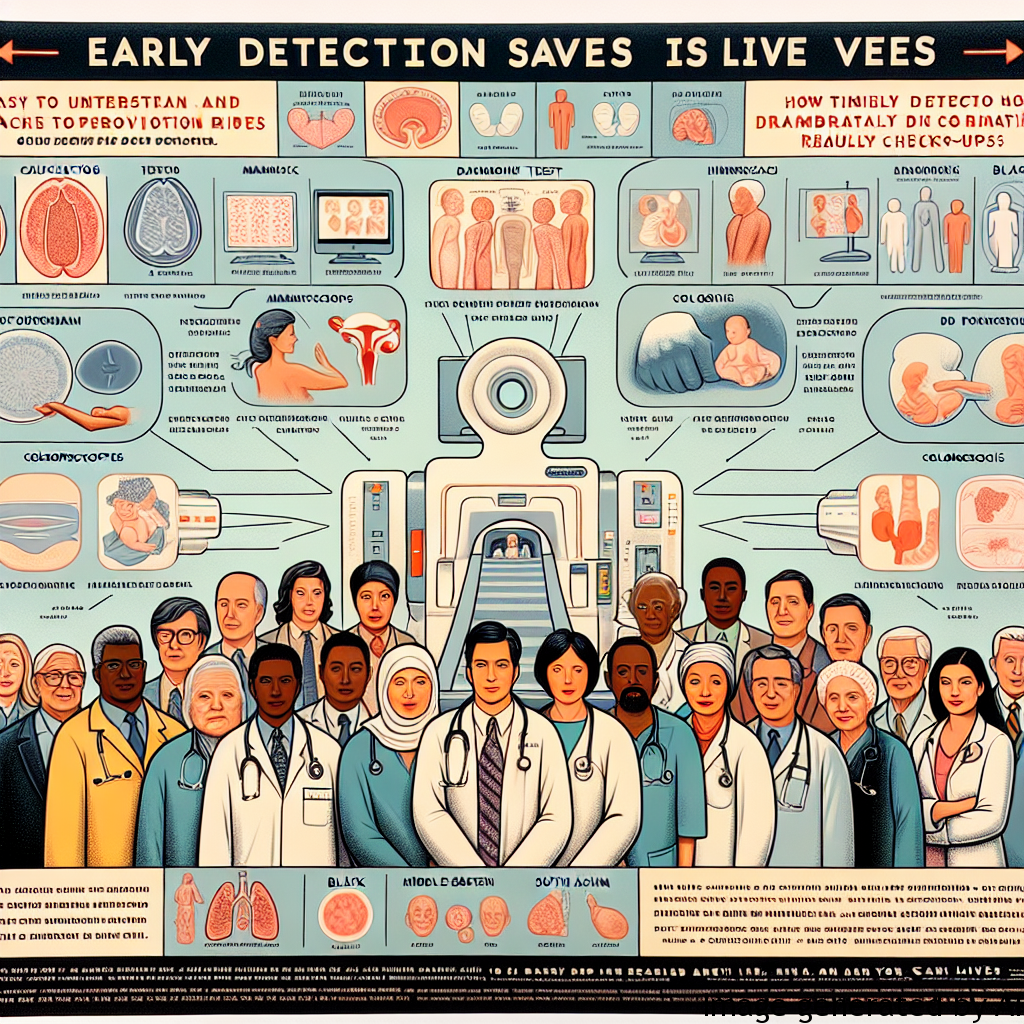Introduction
Cancer is a major public health concern globally, affecting millions of people every year. Early detection and prevention of cancer can lead to significant reduction in morbidity and mortality. Detecting cancer at early stages often allows for more treatment options and better patient outcomes. Fortunately, due to developments in medical technology, understanding, and research, we are now equipped with various effective methods of early detection and prevention strategies.
Understanding Cancer Risk Factors
Gender and Cancer Risk
Research has indicated that gender plays a significant role in the risk, prevalence, and treatment response to different types of cancers. For instance, men are more likely to develop and die from cancer than women. The gender disparity in cancer risk may be due to numerous factors including biological differences, lifestyle choices, occupational hazards, and healthcare-seeking behavior.
Possible Interplay between Gender Norms and Risk
Gender expectations and roles play a crucial role in shaping lifestyle choices that may influence cancer risk. Societal expectations of masculinity may deter men from seeking medical help early or engaging in preventative screenings, which can lead to late-stage cancer diagnoses. Psychological health is intertwined with physical health, hence, the pressure of conforming to gender norms can create psychological stress, potentially impairing the immune system.
Examples of How Gender Roles Can Influence Men’s Lives
The social norms and expectations attached to masculinity often encourage risky behavior, such as alcohol consumption and smoking, known contributors to various kinds of cancer. Furthermore, the stereotypical image of a ‘strong and self-reliant’ man might prevent individuals from seeking timely medical help or discussing health concerns. Such norms can lead to delay in diagnosis, affecting the treatment prognosis.
Improving Psychological Health Considering Gender Roles
In order to detect and prevent cancer early, it is important to address the impact of gender roles on lifestyle choices and healthcare-seeking behavior. Encouraging open discussions about health concerns, normalizing regular screenings and health check-ups irrespective of gender, and promoting lifestyle changes can help. It is equally important to provide psychological support to those struggling with the stressors related to conforming to traditional gender roles.
Conclusion
Early detection and prevention of cancer is closely tied to understanding the social, psychological, and biological risk factors involved. Recognizing the influence of gender roles and expectations on cancer risk can provide useful avenues for intervention strategies. By fostering environments that encourage seeking medical advice and normalizing preventative care for everyone, irrespective of their gender, we can take crucial steps towards reducing cancer incidences and improving overall health outcomes.

